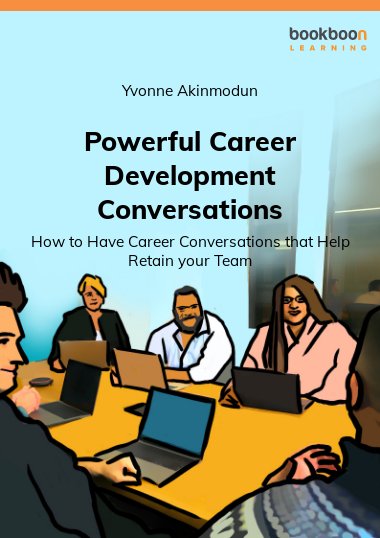The challenge of attracting and retaining qualified and skilled talent remains at the heart of many organizational development strategies. It is not enough to have a great reward strategy, staff need to feel that their career and development needs are being addressed within their organization. This book sets out some of the key skills needed by managers to ensure they are confident at leading and having career development conversations with their staff. This in turn will aid the engagement and retention of top talent within their organization.
About the Author
Yvonne Akinmodun is a certified Executive & Career Coach Prior to becoming a career coach in 2017, She was a full time HR consultant for 7 years. Prior to that, she worked as a HR Director for a large housing organisation in London.As a career coach, she has appeared in career podcasts, been interviewed on radio and written articles about leadership and career coaching. She coaches professionals and executives to take charge and manage their careers which often includes developing their career confidence on a one to one or group basis.

